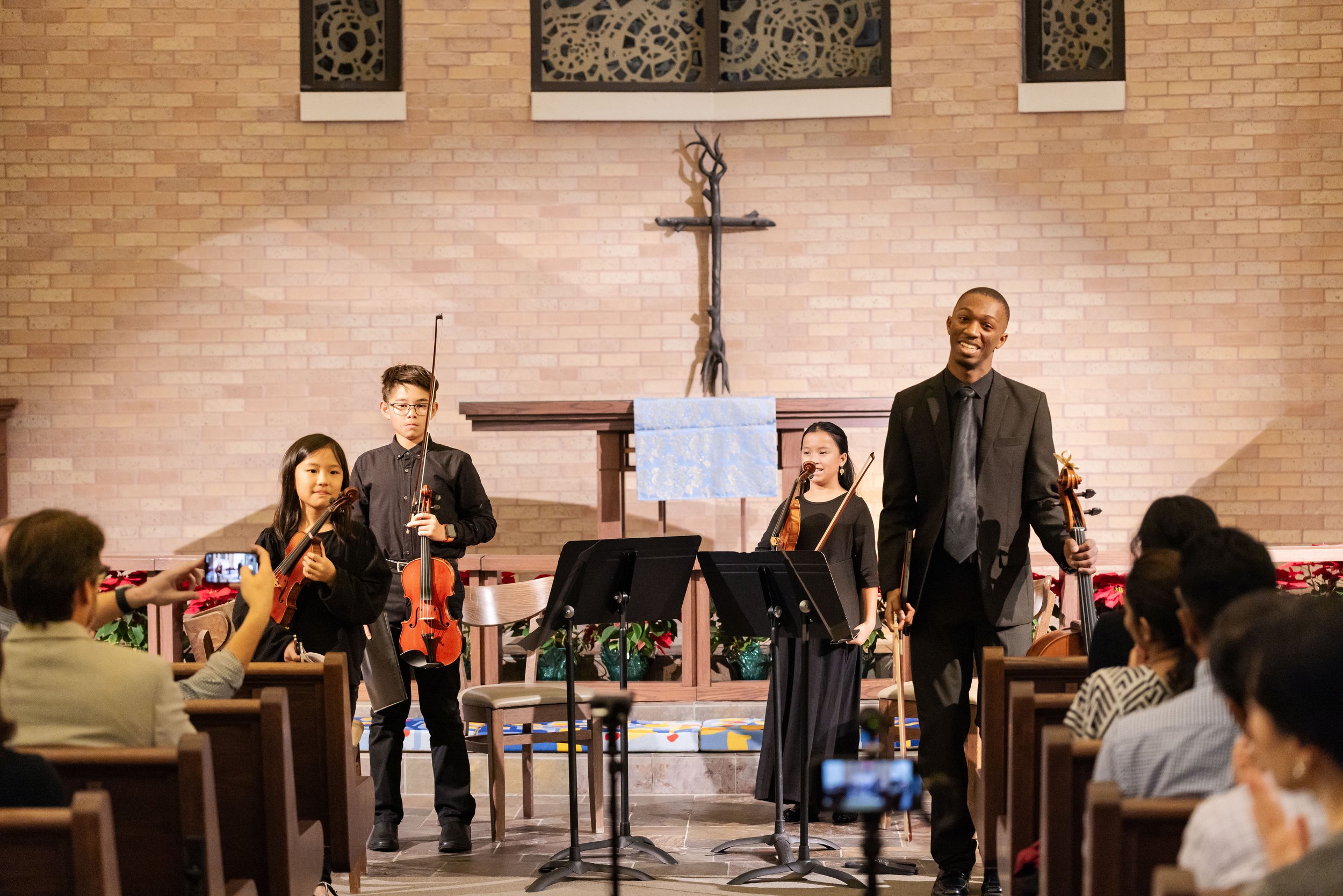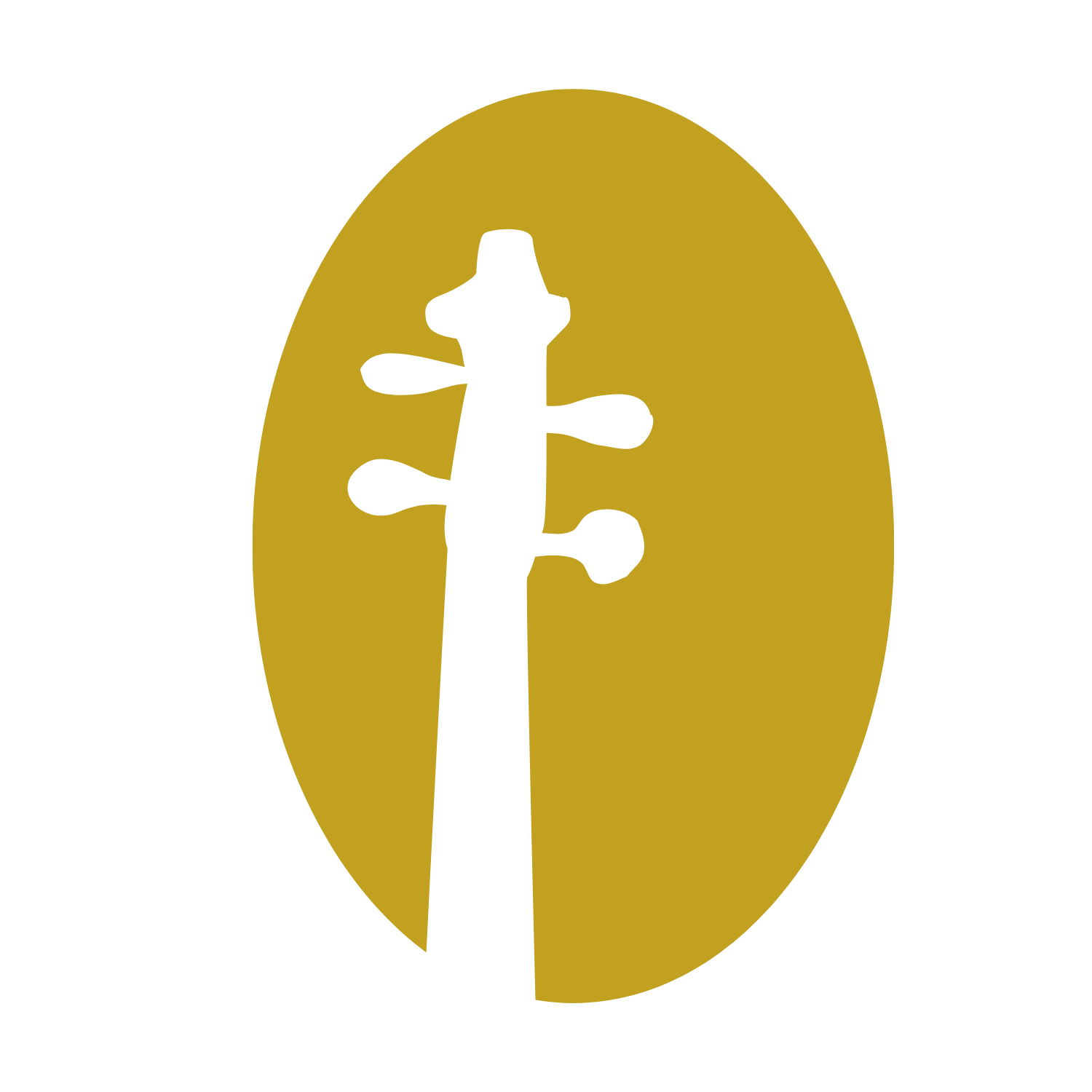
Why Chamber music?
Chamber music – music for small ensemble, like a string quartet, without a conductor – poses rewards and challenges that can’t be found in orchestral or solo playing. The skills found in negotiating these challenges don’t just improve one’s chamber music playing, but their orchestral and solo playing too.
Take rehearsing, for example. Without a conductor identifying problems and giving instructions, chamber musicians are forced to listen actively and sensitively to themselves and each other. This level of active listening allows you to hear problems and realize how to solve them. The process doesn’t end there. You must also develop the ability to communicate what you hear, invent a rehearsal technique to address it, and explain that process to your colleagues clearly and respectfully. This heightened awareness puts you at a huge advantage blending with a large orchestra or a collaborative pianist. A well-defined method of problem solving and critical thinking is also extremely effective and efficient when learning solo music and anything else. Learning to verbalize an observation and solution is the foundation of collaboration, teaching, writing, and public speaking in any discipline.
Chamber music is also particularly rewarding socially. Through the challenges and victories you’ve experienced learning to negotiate, solve problems, support, and trust each other, close friendships and musical bonds are inevitable with your ensemble-mates. A strong sense of community is also nurtured when you’re learning among other like-minded ensembles who are overcoming similar challenges while falling in love with the same repertoire – some of the most wonderful music to ever exist, in our opinion. For us, chamber music has been the backdrop for our closest friendships, proudest music-making memories, and the center of our musical lives. We’re dedicated to enabling and inspiring our students to share experiences like these with us and each other.


